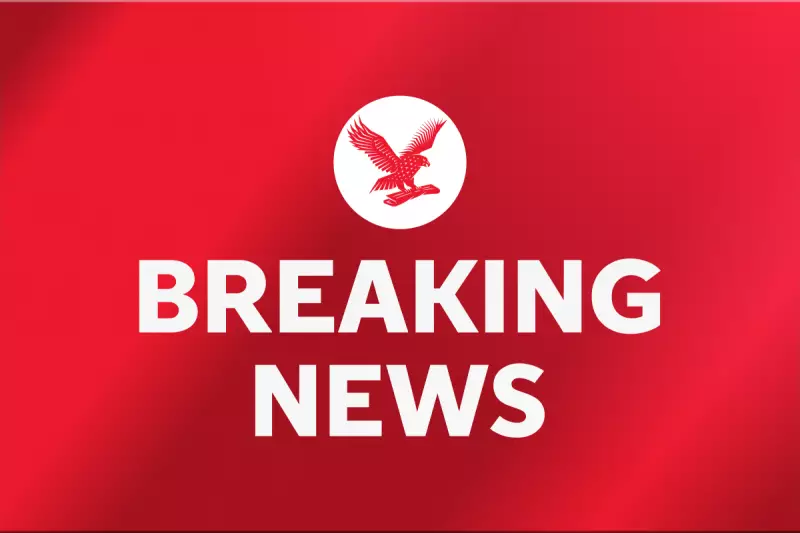
In a move set to ignite a fierce constitutional and political firestorm, former US President Donald Trump has declared his intention to deploy federal law enforcement to directly patrol the streets of Washington DC.
The radical proposal, articulated on his Truth Social platform, amounts to an effective federal takeover of policing in the nation's capital. It represents a direct challenge to the authority of the city's local government and has been framed by Mr Trump as a necessary response to what he describes as out-of-control crime.
A Direct Challenge to Local Autonomy
The core of Trump's plan involves bypassing the elected local leadership of the District of Columbia. He asserted that the federal government must "take over" the heavily Democratic city, claiming its leadership is not fit to govern.
This stance directly contradicts the current approach of the DC Metropolitan Police Department and the city's mayor, Muriel Bowser, who have recently sought to scale back certain aggressive policing tactics.
Crime Statistics: Perception vs. Reality
While violent crime has seen a notable decrease in the district overall, property crimes, particularly carjackings and thefts, have surged. This complex picture forms the backdrop to Trump's inflammatory claims.
His statement painted an apocalyptic vision of the capital, alleging it is "overrun with violent crime" and drawing a parallel to a "war zone," a characterization strongly disputed by local officials and crime analysts.
Political Motivations and Legal Hurdles
Political analysts view the announcement as a clear attempt to bolster his "law and order" image ahead of the next election. However, such a federal intervention would face immense legal and practical obstacles.
The District of Columbia's unique status as a federal district does grant Congress ultimate authority, but a unilateral move of this nature would likely trigger immediate legal challenges centred on states' rights and home rule.
This proposal ensures that crime and federal power will remain central, and deeply contentious, issues in the upcoming American political discourse.





